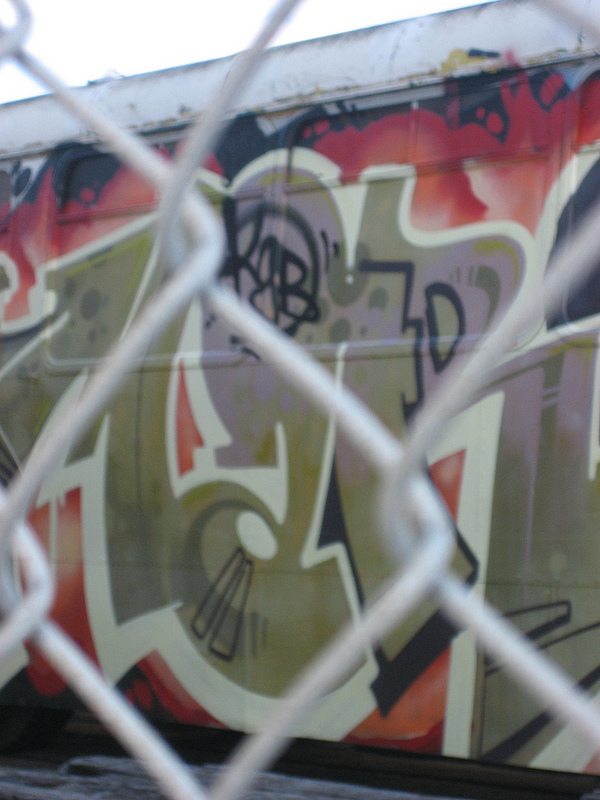
March 14, 2014; The Guardian
The Australian artists who took a stand that led to the withdrawal of one of the financial supporters from the 2014 Sydney Biennale have stirred up controversy that goes to the heart of arts funding in Australia. The Australian government minister with responsibility over the arts has responded with a threat to the long-established principle that government and politicians keep an arm’s-length away from arts funding.
The Minister, Senator George Brandis, has written to the Australia Council (similar to the National Endowment for the Arts) asking it to consider withdrawing funding from any artists who refused private corporate support. It has been a long established principle that the Minister does not get directly involved in the Council’s funding decisions. The Australia Council Act states that the Minister must not “give a direction to the Council in relation to the making of a decision by the Council in a particular case, being a decision relating to the making of a grant.”
Senator Brandis responded to that by saying, “What I have in fact asked the Australia Council to do is to develop a policy so that it would be a condition of the receipt of Australia Council funding that the arts organisation concerned not unreasonably refuse or unreasonably terminate private sponsorship.” When pressed on who would be responsible for deciding what is to be considered “unreasonable,” Brandis replied, “I don’t frankly have a fixed or dogmatic view about whether it should be the Australia Council or whether it should be the Minister or whether it should be some third party arbiter.”
We can only hope that the option adopted is not the current Minister. Brandis has since said that while it was reasonable for arts companies or festivals to reject corporate funding if they had concerns about a sponsor’s financial credentials, it was unreasonable for them to refuse sponsorship on political grounds. And when questioned whether it was appropriate for an organization to refuse sponsorship from a tobacco company, Brandis replied, “I don’t think that arts companies should reject bona fide sponsorship from commercially sound, prospective partners.”
Sign up for our free newsletters
Subscribe to NPQ's newsletters to have our top stories delivered directly to your inbox.
By signing up, you agree to our privacy policy and terms of use, and to receive messages from NPQ and our partners.
Brandis here may be showing his lack of understanding of different types of private funding of the arts. Sponsorship, for example, is something quite different from philanthropy. Both are forms of private funding of the arts. In fact, tobacco sponsorship has been prohibited in Australia since the 1990s.
The objection at the heart of this controversy had been to the primarily philanthropic support of the Sydney Biennale by the Belgiorno-Nettis private family company, Transfield Holdings. The family had been closely involved in the founding of the Sydney Biennale. The Belgiorno-Nettis family is amongst the largest providers of philanthropy for the arts in Australia. The family company holds 11 percent of the shares in a public company the family founded then sold, now called Transfield Services. Transfield Services is involved in the Australian government’s controversial asylum seeker campus. The family are not represented on the board or the management of Transfield services.
The Australian government has created another organisation, Creative Partnerships Australia, to encourage private sector support for the arts. Sen. Brandis is also the Minister responsible for Creative Partnerships Australia. On the Creative Partnerships Australia website, he is quoted as saying one of his key priorities as Arts Minister is to grow funding and other support for the arts from the private sector. Private sector support for the arts in Australia currently amounts to about 10 percent of total arts funding and comes, according to this website, from business partnerships (including sponsorships), social investment, and philanthropy.
In one respect, then, it could be argued he is doing his job. By taking away the rights of artists to refuse funding from the private sector, logically the amount of available funding will grow. However, this ignores whether the reputation or image of the source of funding is consistent with the artists’ values or messages.
It seems that the Minister misunderstands the arts and artists that he is responsible for. Isn’t a primary role of the arts in society to challenge orthodoxy and provoke debate? In order to be successful in this, the arts sector needs to be free and independent. This surely was the thinking behind the Australia Council Act. And doesn’t this freedom and independence for artists encompass their choice of partners and sponsors? Isn’t that what we want in a free and democratic society?—John Godfrey













